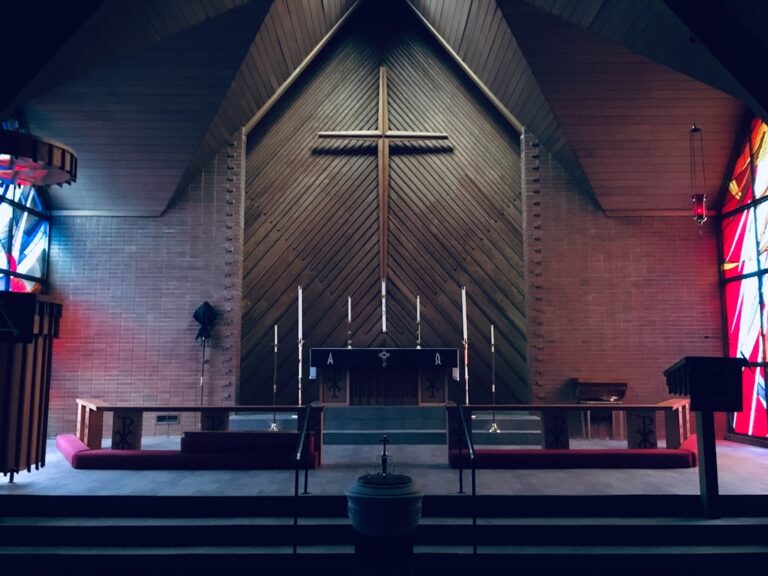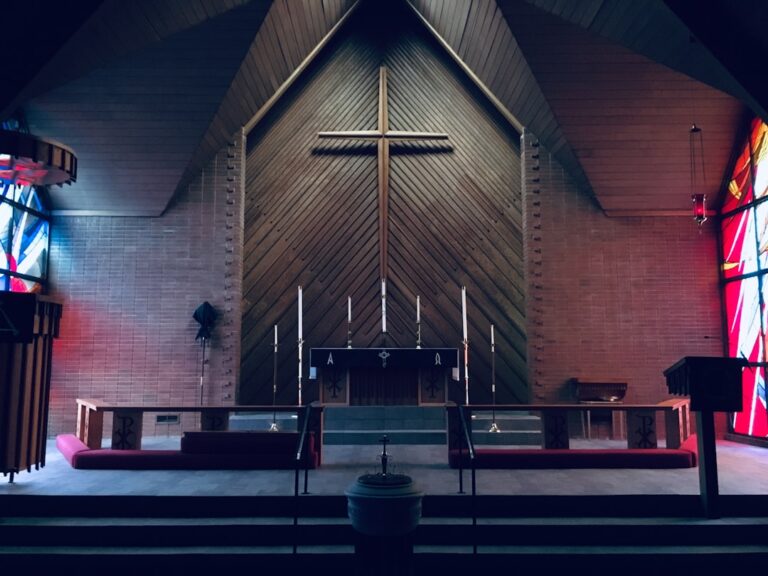Legal Support for Survivors of Clergy Assault in Georgia
In Georgia, the issue of clergy assault has gained significant attention, shedding light on the importance of legal guidance for survivors. This comprehensive guide explores the complex landscape of seeking justice and healing for victims of sexual or physical abuse within religious communities. From understanding the legal ramifications to identifying suitable aid options, it navigates the process for those brave enough to step forward. The article also highlights the role of specialized clergy abuse law firms in Georgia in supporting survivors through civil litigation and offers post-legal process care resources.
Understanding Clergy Abuse and Its Legal Ramifications in Georgia

Clergy abuse, a sensitive and complex issue, refers to any form of mistreatment or exploitation by religious leaders within their spiritual communities. In Georgia, where the principles of religious freedom and personal autonomy are cherished, understanding the legal ramifications of clergy abuse is crucial for survivors seeking justice. When individuals suffer harm at the hands of priests, pastors, or other spiritual authorities, it can lead to severe psychological trauma and emotional distress.
The legal landscape surrounding clergy abuse in Georgia involves a delicate balance between protecting religious institutions and ensuring accountability. Local law firms specializing in clergy abuse cases play a pivotal role in guiding survivors through this challenging process. These legal experts navigate the unique complexities of such matters, offering support and advocating for the rights of victims to seek compensation and justice. Understanding the applicable laws and statutes is essential to ensuring that survivors’ voices are heard and their experiences are acknowledged within the framework of Georgia’s legal system.
The Role of Church Law and Civil Litigation for Survivors

For survivors of clerical assault in Georgia, navigating justice involves a complex interplay between secular and religious legal frameworks. While civil litigation offers a path to seek damages and hold perpetrators accountable through the court system, church law—which often governs internal matters within religious organizations—also plays a significant role. Many churches have established their own policies and procedures for addressing allegations of clergy abuse, which can include disciplinary actions, counseling, or even restitution. However, when these measures are insufficient or there’s a need to pursue criminal charges, survivors may turn to Georgia’s clergy abuse law firms for specialized legal guidance.
These law firms are equipped to help survivors understand their rights under both state and church laws. They can facilitate the process of pressing civil lawsuits against abusers while also providing support through the potential complexities of reporting and cooperating with law enforcement. Survivors seeking redress for clerical assault in Georgia often find these law firms invaluable, as they offer a beacon of hope and legal expertise within a landscape that can be both traumatic and unfamiliar.
Identifying Suitable Legal Aid Options for Assault Victims

For survivors of clerical assault in Georgia, navigating legal options can be challenging. The first step is identifying reputable and specialized legal aid. Many clergy abuse law firms in Georgia offer pro bono services or sliding fee scales to accommodate survivors who may have limited financial resources. These firms often have experience dealing with sensitive cases involving religious institutions, ensuring that victims’ privacy is respected throughout the legal process.
Survivors can look for established clergy abuse law firms known for their expertise and commitment to helping clients heal from traumatic experiences. Local bar associations or legal aid organizations can provide referrals, making it easier to connect with attorneys who specialize in these cases. Additionally, support groups or advocacy organizations dedicated to addressing clerical assault offer valuable resources and guidance, often partnering with legal professionals to ensure comprehensive assistance for survivors.
Key Considerations When Choosing a Clergy Abuse Law Firm in GA

When selecting a clergy abuse law firm in Georgia, it’s crucial to consider several key factors that ensure competent and compassionate representation. First, verify the firm’s expertise in handling clergy abuse cases. They should have a proven track record of successfully representing survivors and an understanding of the unique challenges these cases present. Experience in dealing with religious institutions and their legal complexities is invaluable.
Additionally, assess the firm’s approach to client care. Survivors of clergy assault often require sensitive and supportive representation. Look for firms that prioritize open communication, maintain confidentiality, and offer a listening ear throughout the legal process. The ability to adapt to individual needs and provide personalized support can significantly impact the healing process while pursuing justice.
Supporting Recovery: Post-Legal Process Care and Resources for Survivors

After navigating the legal process, survivors of clergy assault in Georgia may feel a range of emotions as they begin their journey toward recovery. It’s important to remember that support services are available to aid in this process. Many non-profit organizations and local communities offer resources tailored for sexual abuse survivors, including counseling services, support groups, and legal advocacy groups specifically focused on clergy abuse law firms Georgia. These organizations provide a safe space for individuals to share their experiences and access the care they need to heal.
Additionally, survivors can benefit from connecting with clergy abuse law firms in Georgia that offer post-legal process assistance. Such firms often have a network of professionals who can continue to support victims as they reintegrate into their communities. This might include helping survivors find housing, employment, and access to medical or mental health care, ensuring they receive the comprehensive care necessary for long-term recovery.




